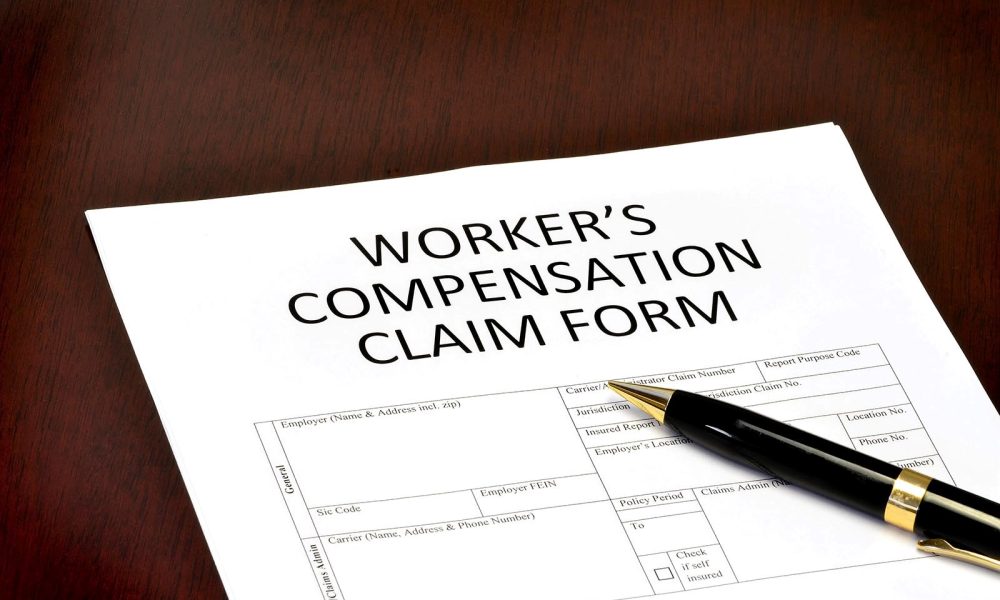When an employee is injured on the job, a good employer will want to stay in touch and aid the return to work. Here are a few pointers to help that effort. In some cases, your company’s workers compensation insurer provides a network of doctors who are already vetted and approved for service. This can relieve the employee of some of the stress of finding medical care, and it will usually improve the efficiency of claims management.
If you wish to contact an injured employee who has filed a workers compensation claim, make sure you know the boundaries of what you can ask. For example, queries about medical progress or personal activity levels could be seen as problematic, even if well intentioned. Consult with your insurance professional on the best ways to show concern without breaking any rules.
Statistics show that employees who can return to work, even on a modified basis, will most likely continue in a productive capacity until receiving a full medical release to go back to normal duties. Retaining good employees costs much less than searching for, hiring and training new ones.
Train your line supervisors and higher management on how to facilitate both recovery and return to work. Doing so should help you achieve better employee retention and minimize productivity loss from injuries.



